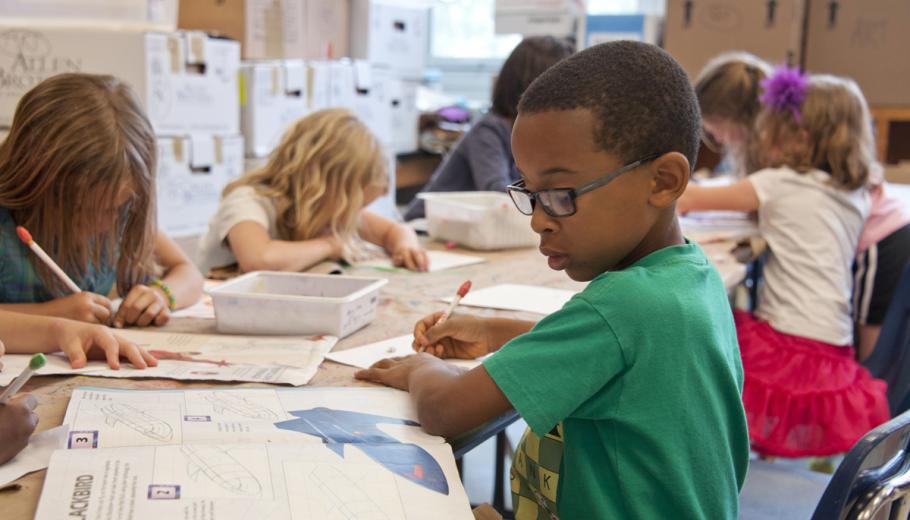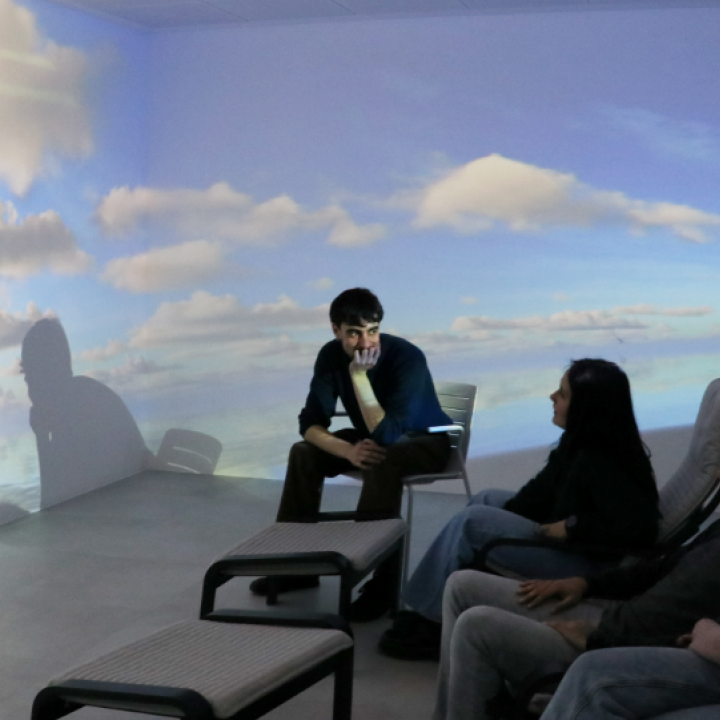Recent times have been very turbulent for education and for the professionals who work directly or indirectly. The economic situation in which the country finds itself has taken its toll on the educational model, which is undergoing various adjustments, whether in terms of cuts in economic resources, reduction in the number of students receiving scholarships, reduction in the number of professionals despite the increase in the number of students, educational policies not agreed upon with the educational community, and a long etcetera.
Educational policies influence a country's level of development. Scholars stress the importance of children's initial schooling to overcome "poverty in all its dimensions" [1] and to improve the schooling trajectory of children and young people. People's social opportunities depend more and more on their human capital qualification.
The current education system has high levels of school failure and dropout rates, when it should be able to ensure that everyone has a wealth of information, knowledge and skills that can be used throughout their lives and at the same time enable them to continue learning in various ways. We have an education system that is difficult to enter and leave with ease. Many adults, affected by the economic crisis we are suffering, find that they need to improve their employability by improving their skills and abilities, and the system is not flexible enough to be able to respond to them and the needs of the business world.
For years, education professionals have been talking about the concept of lifelong learning, but the policies and methodologies developed between education and the workplace are often dissociated.
The need arises for a change in the way of understanding education, making it more permeable to the different learning contexts in which a person can participate and learn. A methodological rethinking of the learning process is also necessary.
Only a global vision of the situation and a joint and transversal work between different educational, social and productive spheres can face the challenges that our country needs to continue developing effectively.
As a reflection on the importance of investing in educational policies, I leave you with an excerpt from Nobel Prize winner Amartya Sen: "The capabilities that adults enjoy are deeply conditioned by their experience as children (...). Investments in education and other aspects of childhood opportunities can enhance future capabilities in many different ways. First, we can make the lives of adults richer and less problematic (...). Our ability to live with others, to participate in social activities, and to avoid social disasters is also profoundly influenced by the skills we acquire as children (...). The success of a democracy depends on the participation of citizens and this is not only a matter of "gut reaction", but also of systematic preparation to live as active and deliberative citizens ... "Amartya Sen [2]
[1] Gustavo de Armas. First Unicef Conference. Barcelona 2013
[2] Amartya Sen (1999): Commmodities and capabilities, Oxford University Press, Oxford India Paperbacks, New Delhi.
Anna Nicolau. Suara Product Development Manager





